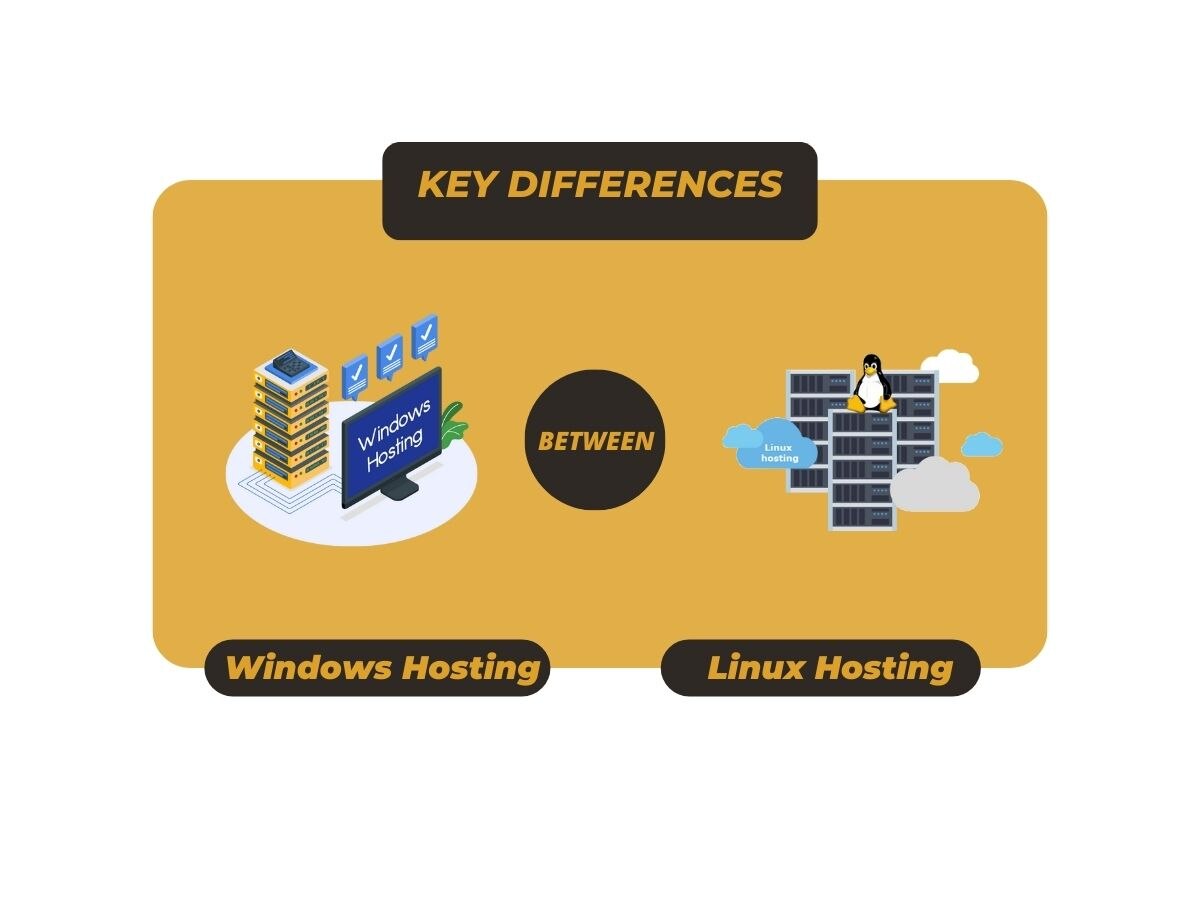
Unveiling the Concept of Cloud Hosting
In recent years, there has been a considerable uptick in the discussion surrounding cloud computing. At the heart of this conversation is cloud computing hosting – a new method of hosting websites and applications that’s gaining significant momentum due to its flexibility, scalability, and robust functionality. This article aims to provide an overview of this modern hosting paradigm and explain why it’s becoming a preferable choice for many businesses.
Understanding Cloud Hosting
To understand the concept of cloud hosting, it’s first necessary to understand traditional hosting methods. Generally, a website is hosted on a single server. When a user wants to access the website, their computer connects to that server, and the host serves the site’s data.
Cloud hosting takes a step up from this method. Instead of relying on a single server, cloud hosting distributes the load of hosting across multiple servers—forming a ‘cloud’ of servers. In other words, the resources required for maintaining your website are spread out across several servers, reducing the chance of any downtime due to a server failure.
Benefits of Cloud Hosting
There are several advantages of cloud hosting, which explain its rising popularity:
1. Redundancy and High Uptime
With traditional hosting, if the single server crashes or experiences any issues, your website goes offline. But in cloud hosting, if one server fails, another server in the ‘cloud’ takes over the workload, ensuring uninterrupted service. This redundancy leads to excellent uptime and reliability.
2. Scalability
One of the most compelling advantages of cloud computing hosting is easy and rapid scalability. If your site experiences a surge in traffic, you can easily allocate more resources from the cloud to handle the increased load. The ability to scale resources in real-time is a significant advantage over traditional hosting.
3. Cost-efficiency
In most traditional hosting plans, you pay a fixed amount regardless of whether you use all the included resources. With cloud hosting, it’s often a pay-as-you-use model. This means you only pay for the resources you use, making cloud hosting a cost-effective solution for many businesses.
4. Security
While every hosting method has its risks, cloud hosting can offer robust security. Given that your site lives across several servers, there’s a layer of protection against attacks. Additionally, many cloud hosts offer firewalls, monitoring, and other security features to help protect your site.
Conclusion
Whether you’re setting up a new website or thinking of changing hosts, cloud hosting offers a flexible, scalable, and reliable solution. As businesses become more dynamic and internet traffic continues to grow, cloud hosting’s ability to scale quickly and ensure high uptime will continue to be valued.
However, as with any hosting solution, it’s essential to carefully consider all factors, such as cost, security, and particular business needs, to evaluate whether cloud hosting is the right solution for your website. Another essential step is to compare different hosting providers and plans to ensure you get the best quality service, features, and value for your investment.
Overall, cloud hosting represents a major shift in how we host and manage websites, moving towards more reliable, scalable, and modern infrastructures. It unveils a new era of hosting that may well become the standard in the not-so-distant future.







